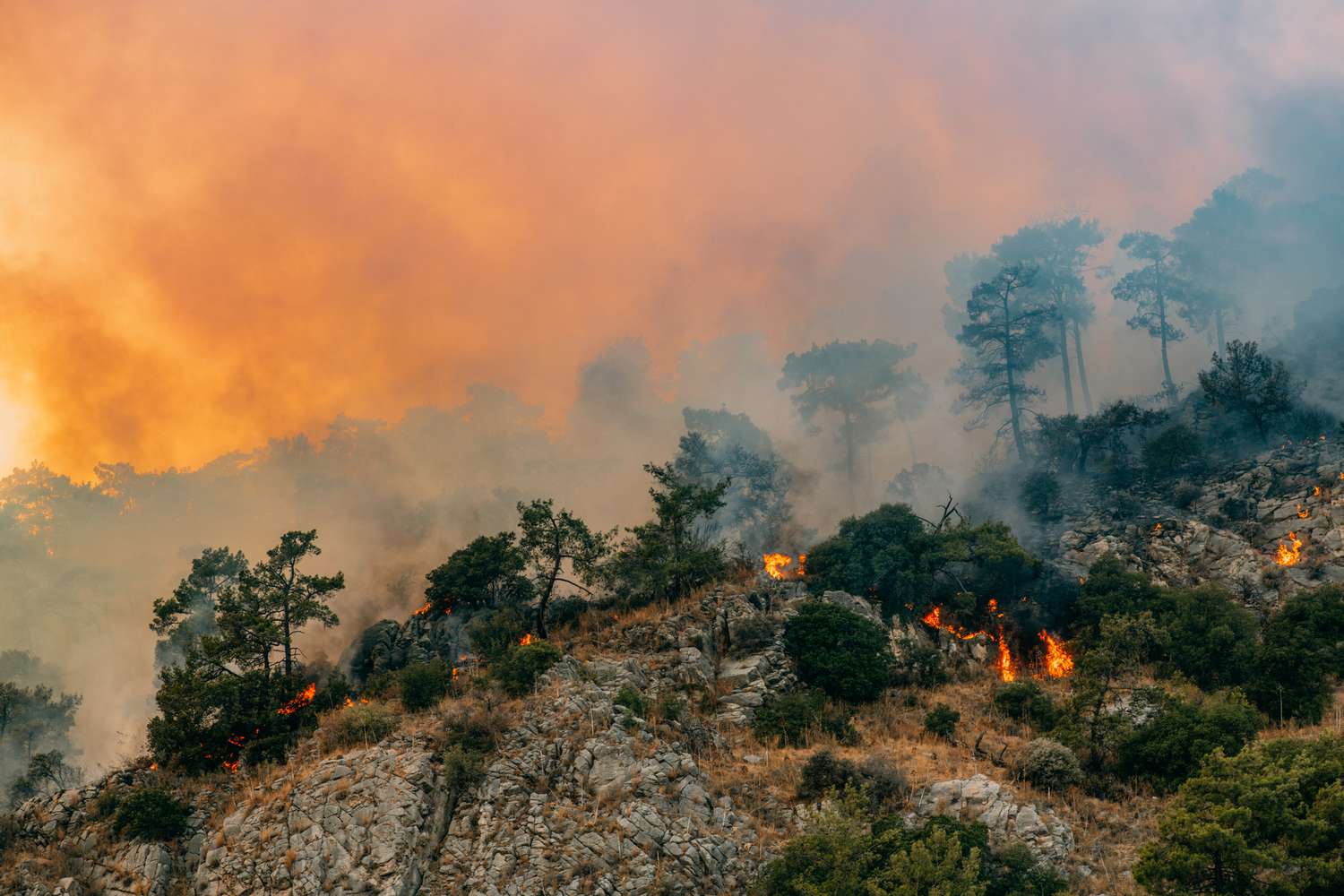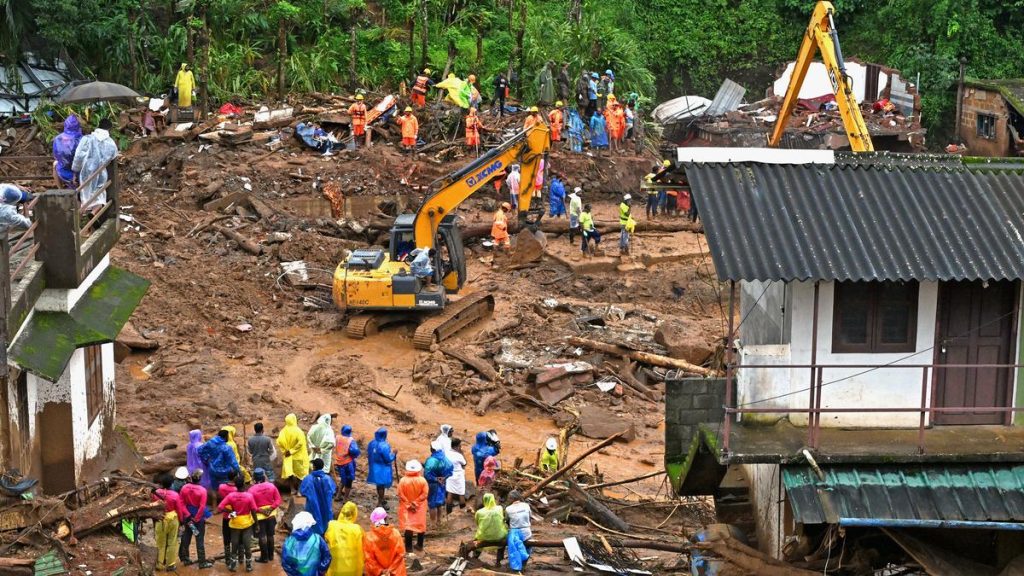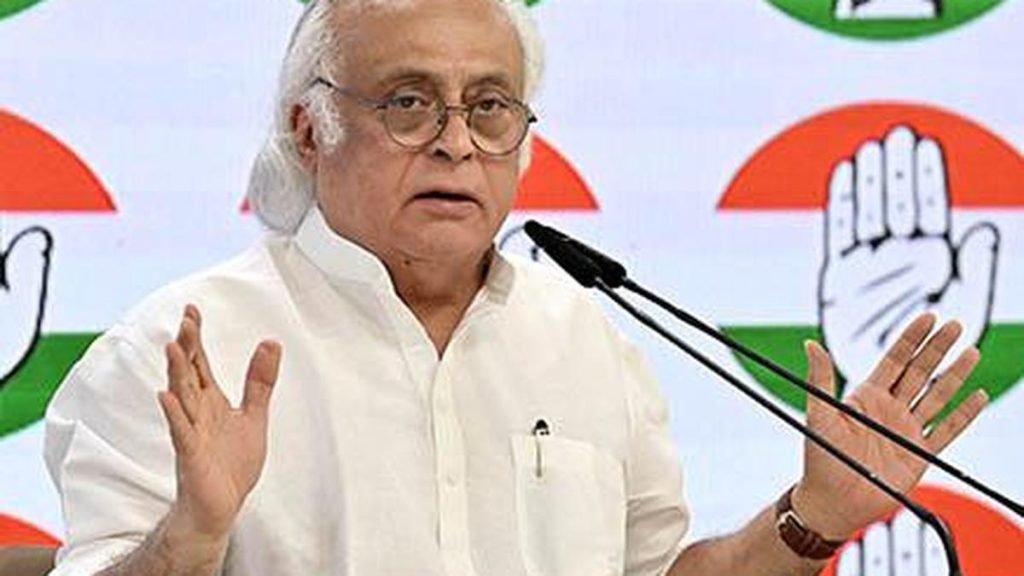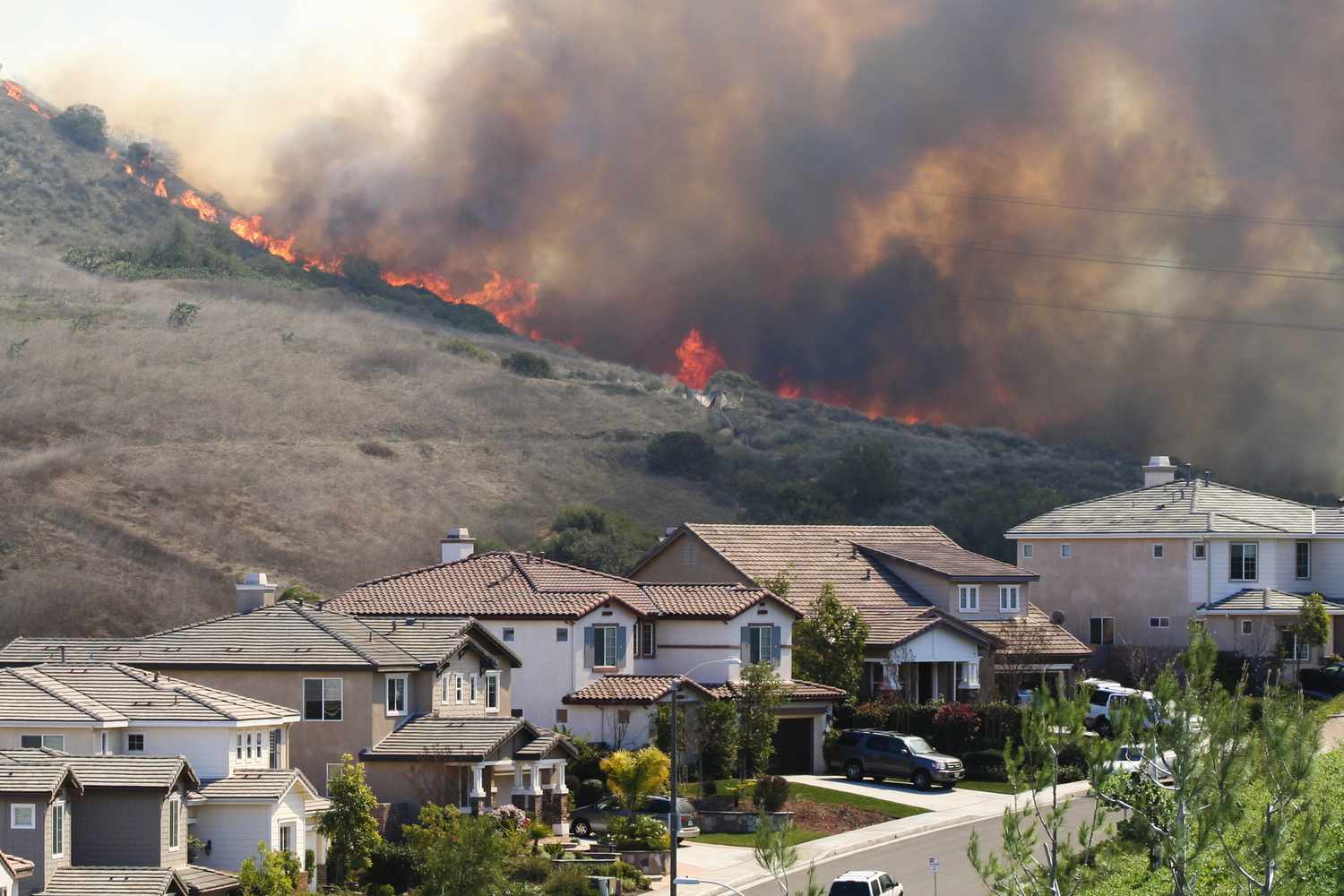Now Reading: Global Warming vs Climate Change: Key Differences Explained
-
01
Global Warming vs Climate Change: Key Differences Explained
Global Warming vs Climate Change: Key Differences Explained

Speedy summary
- Global Warming definition: IPCC defines global warming as an increase in combined surface air and sea surface temperatures over a 30-year period.
- Past Data: Reliable global temperature records date back to 1880; earlier observations relied on proxy data such as tree rings and ice cores.
- Greenhouse Effect: Starting in the mid-19th century, scientists identified carbon dioxide emissions as central to rising global temperatures. The concept, demonstrated by Eunice Foote and refined by John Tyndall, is now widely recognized.
- Human Causes: Human activities like deforestation and fossil fuel consumption have accelerated temperature increases unprecedented in at least the last 800,000 years.
– Fossil fuel usage has surged dramatically since the late 18th century with coal,oil,and natural gas being primary contributors.
– In 2021, fossil fuels accounted for approximately 82% of the world’s primary energy use despite potential peaking in their consumption by 2017.
- Climate Change Effects:
– Natural disasters (wildfires, heat waves, floods) have intensified substantially over recent decades. Once rare events are now ten times more frequent compared to pre-1960 levels.- Ecosystems face existential threats due to warming oceans and acidification – key tipping points include coral bleaching and biodiversity loss.
Indian Opinion Analysis
India faces pressing implications from these interconnected phenomena of global warming and climate change. One major concern lies with climate-induced extreme weather events-such disasters disproportionately affect developing nations including India due to limited resources compared to wealthier countries for disaster mitigation or adaptation measures. Moreover, India hosts diverse ecosystems that are highly sensitive to impacts like warming seas or changing precipitation patterns; preservation approaches will likely need scaling alongside industrial expansion.
The rise of human-induced greenhouse gases further highlights India’s dependency on coal-powered energy production-a significant contributor globally-and calls attention toward advancing clean-energy initiatives already underway domestically (e.g.,solar power adoption). The trajectory of both scientific understanding alongside actionable responses provides opportunities for India not only regarding enduring development but also assuming leadership roles within international climate dialogues pivotal today amidst mounting evidence presented here globally shaping ramifications beyond mere ecology-layer problem-solving regions worldwide.
























